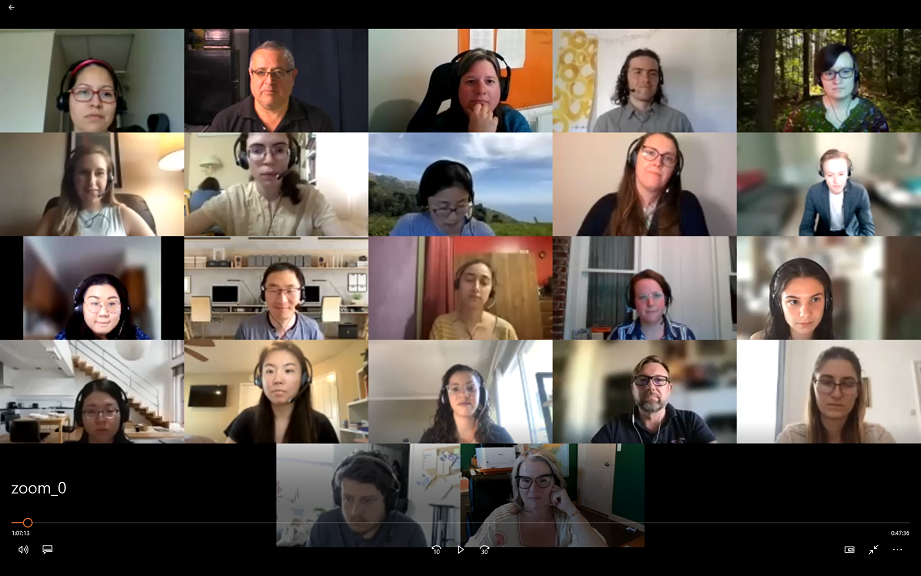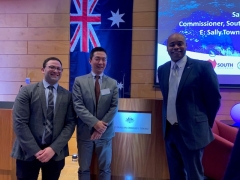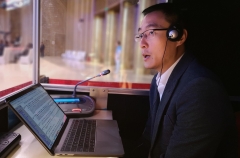Q&A with Gustavo Mercado: Life as a Freelance Interpreter
| by Winnie Heh
A recent Conference Interpretation graduate discusses life as a professional interpreter, detailing how he passed a notoriously difficult United Nations exam and what that means for his career.




